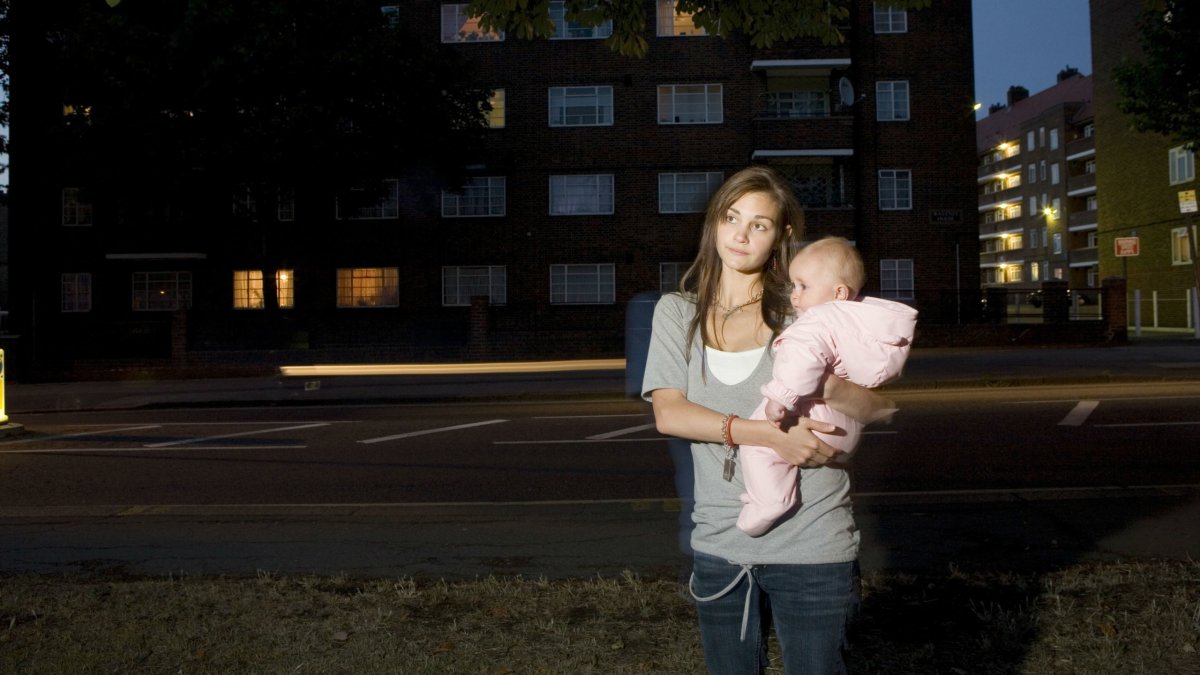Among developed countries, the U.S. has the highest teen pregnancy rate in the world, according to a report from the Guttmacher Institute.
Teens in the U.S. are almost five times as likely to give birth compared to girls in western European countries including Germany, France, and Sweden. For comparison, out of 1,000 American girls between the ages of 15-19, approximately 57 are pregnant at any given time. On the other end of the spectrum, Switzerland has the lowest rate of just eight per 1,000.
The study also found a strong correlation between birth rates and geographic locations throughout the U.S. For example, a teenage girl in Mississippi is four times as likely to give birth than a teenage girl in New Hampshire while the teen birth rate in Massachusetts is just over 19 per 1000 while the birth rate is almost 48 per 1.000 in Washington D.C.
Why is the Teen Pregnancy Rate in the U.S. so high?
By comparison, researchers found exceptionally low teen pregnancy, birth, and abortion rates in Switzerland juxtaposed with long-established sex education programs, free family planning services and low-cost emergency contraception that is readily available.
The lack of guidance and sexual education
“In comparison to other developed countries, we discovered that there is more shame and stigma around accessing birth control and talking about sex in the US, ” said Mara Gandal-Powers, Director of Birth Control Access at National Women’s Law Center, told Metro.
According to the study, the U.S still doesn’t provide as extended sexual education programs in school compared to other developed countries. There’s also still a social stigma around adolescent relationships and talking about sex.
“We only have sex education in my high school once a year and considering the fact that even the professor felt embarrassed about talking about it, none took the class seriously,” Amanda Wilson, 20-year-old student at Brooklyn College, told Metro.
Gandal explains that teenagers getting proper sexual education and schools having more conversations about sexuality have lead to good results and improvement.
The one thing that concerns Gandal is the big changes in Washington, DC after President Donald Trump’s administration decided to defund more than $200 million in teen pregnancy prevention programs.
“In order to prevent teen pregnancies, we really are depending on the teen pregnancy prevention programs. Now things have gotten more complicated,” Gandal said. “Education is the key.”
When teens are not able to get a sexual education at school or have the courage to ask their parents, many teens instead turn to unreliable sources that can disseminate harmful ideas and wrongful notions about sexual intimacy.
“If I ask any one of my friends, I am certain that none of them would be able to say that they have adults in their lives that they could consult for sexual advice,” Wilson said.
Limited access to contraception
“One of the biggest challenges for women, and also the main reason for the high teen-pregnancy rate in the U.S, is not having access to contraception,” Gandal said.
Gandal explains that many women in the U.S don’t have insurance and therefore can’t afford proper health care and contraception.
“It’s also still many girls that feel ashamed using contraception and decides not to believe that it’s too embarrassing,” Gandal said.
Compared to most parts of Europe, where getting contraception is free, obtaining contraception is far from simple for many women in the U.S. including sizable copayments and deductibles specific to their plans while others still face barriers to just getting prescriptions.
In a report made by the University Of Texas, only 12% of women in the U.S reported facing no obstacles to getting contraception. Nearly 20 million American women ages 13-44 in need of publicly funded birth control lack access to clinics that provide it.
It’s challenging enough to be a teenager without the life-changing challenges and responsibilities of raising a child. According to the report, nearly 1/3 of all teen mothers drop out of high school which severely limits their employment opportunities and produces a cycle of poverty.
“We need to support teenage girls and start to have an open conversation about sex and it’s consequences, said Gandal.



















